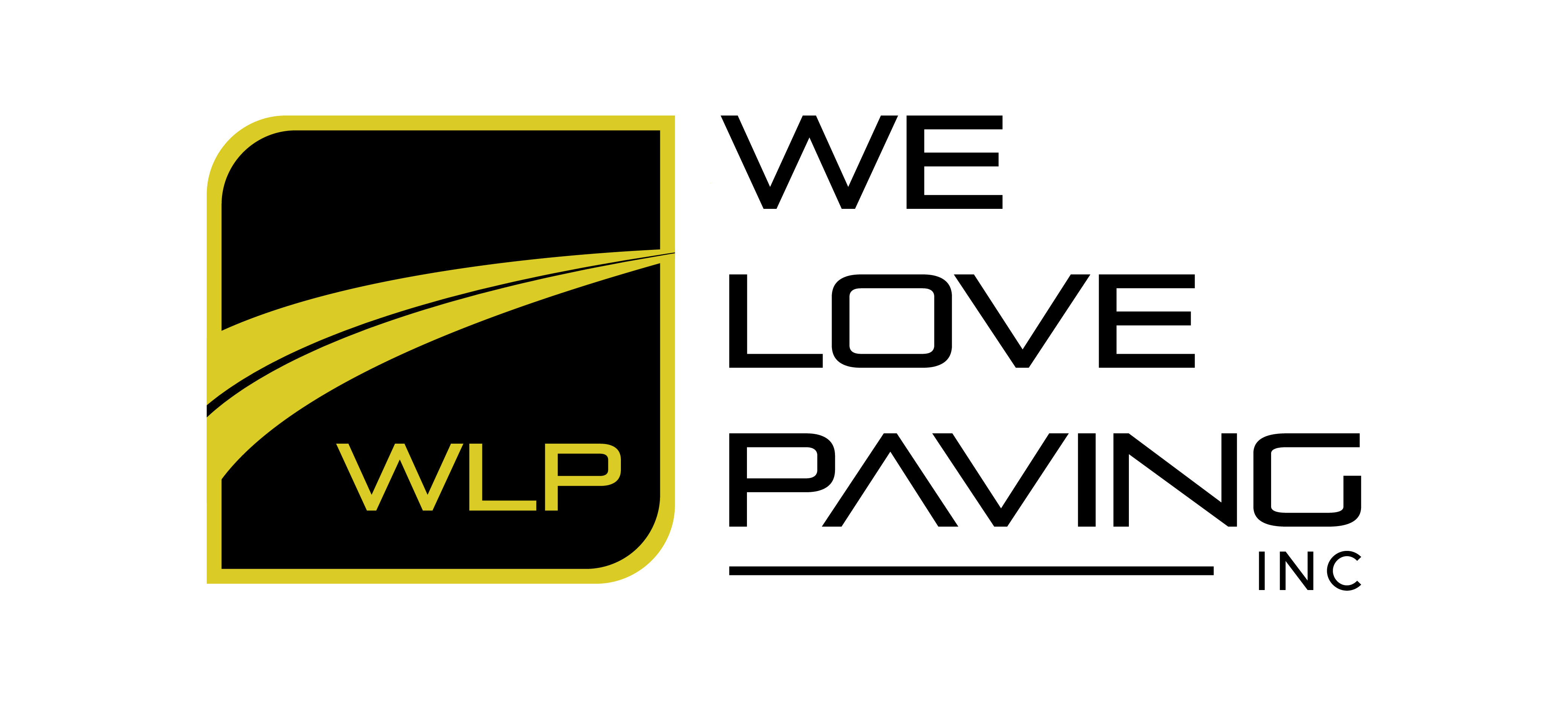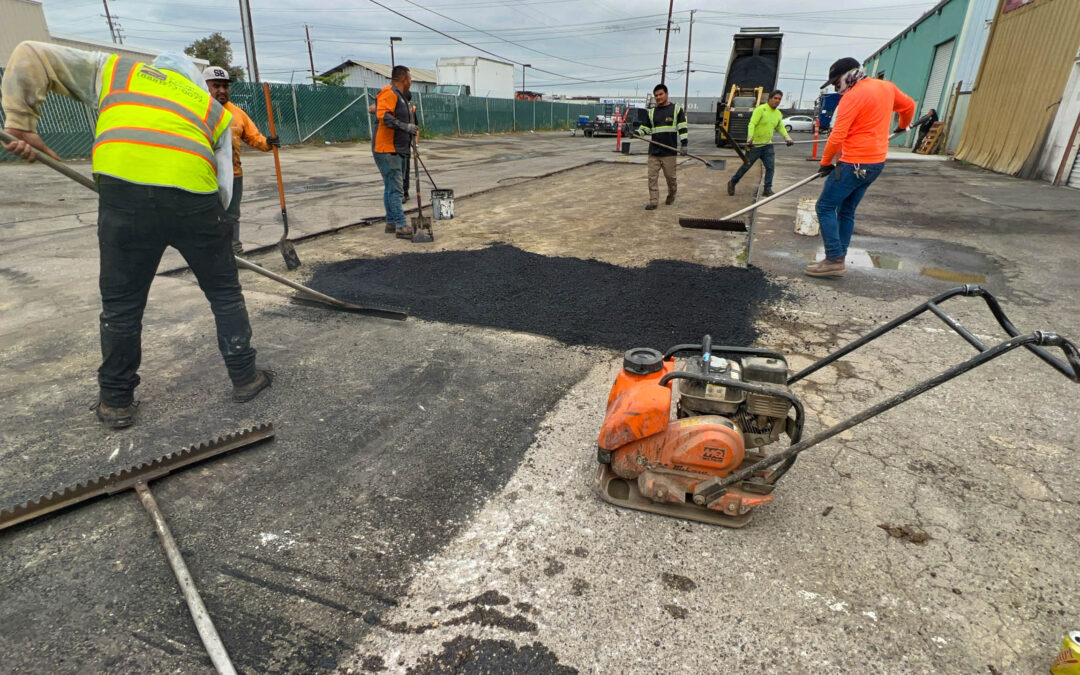If you’re considering installing a new driveway, parking lot, or roadway, one of the first questions that comes to mind is, “What’s the cost?” Specifically, understanding the cost per square foot for asphalt can help you budget more accurately for your project. In this article, we’ll explore what influences the square foot price and provide a general cost range, and offer tips to help you get the best value for your money.
1. Understanding the Basic Cost of Asphalt Per Square Foot
On average, the cost typically ranges between $3 to $5 per square foot. This price generally includes the cost of materials, labor, and basic site preparation. However, this is only a general guideline, and the final cost can fluctuate based on a variety of factors, which we will discuss below.
For example, if you’re paving a standard residential driveway of about 600 to 800 square feet, you can expect to pay anywhere from $1,800 to $4,000 depending on the specifics of your project.
2. Factors Affecting the Square Foot Price for Asphalt
The cost can vary depending on several critical factors, including:
a. Thickness of the Asphalt Layer
The thickness of the asphalt you need directly impacts the cost. A typical residential driveway might require a layer of asphalt 2 to 3 inches thick, while commercial parking lots or roads that support heavier traffic might need 4 to 6 inches or more. The thicker, the more material is required, which increases the cost.
- 2-inch layer: Suitable for light-duty areas like driveways
- 4-inch layer: Common for heavier traffic areas, parking lots
- 6-inch or thicker: Necessary for roads or areas that will experience substantial weight
Asphalt that is 4 inches thick can cost about 50% more per square foot than asphalt that is 2 inches thick.
b. Size of the Project
The size of the area being paved will also impact the overall cost. Larger projects tend to have a lower square foot price due to economies of scale. For instance, paving a long driveway or a large parking lot may cost less per square foot than a small driveway or patch job.
- Small projects (less than 500 square feet): Higher cost per square foot, possibly around $5–$7 per square foot
- Medium projects (500–1,000 square feet): Average cost around $4–$5 per square foot
- Large projects (over 1,000 square feet): Lower cost per square foot, typically around $3–$4 per square foot
c. Location and Availability of Materials
Geographic location plays a significant role in asphalt pricing. Prices can vary based on the cost of raw materials, availability of contractors, and regional climate conditions. In some areas, the cost of transporting from the plant to the job site can also add to the price.
- Urban areas: Higher costs due to higher labor rates, but often more competitive due to the availability of contractors.
- Rural areas: Costs may be slightly lower, but transportation fees could increase if there are fewer asphalt plants nearby.
The price of oil, which is a major component can fluctuate depending on the global market. In periods of high oil prices, the cost of asphalt can rise significantly. Conversely, when oil prices drop, becomes more affordable.
d. Site Preparation and Conditions
The condition of the existing surface and the amount of preparation required will greatly influence the overall cost. If your site requires extensive grading, excavation, or removal of old pavement, the cost will increase. Proper site preparation is essential for ensuring that the new surface is smooth, durable, and long-lasting.
- Grading and Excavation: Sites that require significant leveling or removal of old asphalt may add $1 to $3 per square foot to the overall cost.
- Drainage Solutions: If your project requires the installation of drainage systems to prevent water damage, this could increase the price further.
- Soil Stabilization: Poor soil conditions may require stabilization before asphalt can be laid, adding both time and expense to the project.
e. Asphalt Type
There are different types of mixtures, each with its own cost. For example, recycled which is made from reused materials, tends to be less expensive than virgin asphalt. On the other hand, high-performance mixtures designed for heavy traffic areas or extreme weather conditions may cost more.
- Recycled Asphalt: Less expensive, typically 10-20% cheaper than virgin asphalt.
- Porous Asphalt: More expensive due to its specialized application for drainage and stormwater management, can add $1 to $2 per square foot.
- Colored or Stamped Asphalt: Decorative for driveways or walkways can also add to the price, usually an additional $2 to $4 per square foot.
f. Labor and Contractor Rates
The labor costs associated with asphalt paving can vary based on your location and the complexity of the project. Experienced contractors who specialize in asphalt may charge more, but they often provide a better-quality result. It’s essential to hire a contractor with a solid reputation and the proper equipment for your job.
The cost of labor can range from $1 to $2 per square foot, but rates can be higher in regions with higher living costs or in areas with a shortage of skilled labor.
3. Additional Costs to Consider
When calculating the total square foot price for asphalt, there are a few additional factors that could add to the overall cost:
a. Permits and Inspections
In some areas, particularly in cities like Sacramento or larger urban centers, you may need to obtain a permit before starting an asphalt paving project. The cost of permits can range from $100 to $500, depending on the size of the project and the local regulations. Some municipalities may also require inspections, which could add to the cost.
b. Resurfacing or Full Replacement?
If your project involves an existing driveway or parking lot, you’ll need to decide whether to resurface the existing asphalt or do a full replacement.
- Resurfacing: Typically costs around $2 to $3 per square foot and involves laying a new layer of asphalt over the old one. This is ideal if the base layer is still in good condition.
- Full Replacement: More expensive, at around $5 to $7 per square foot, as it involves removing the old asphalt and potentially addressing subgrade issues before laying new material.
c. Long-Term Maintenance
Once your asphalt is installed, it’s essential to factor in maintenance costs to keep it in good condition. Regular maintenance can extend the life of your asphalt surface and prevent costly repairs in the future. Sealcoating, crack filling, and patching are common maintenance tasks.
- Sealcoating: Costs around $0.15 to $0.25 per square foot and should be done every 2 to 3 years to protect the surface from water and UV damage.
- Crack Filling: Small cracks can be filled for around $1 to $3 per linear foot. Addressing cracks early prevents them from turning into more significant problems.
4. How to Get the Best Price for Your Asphalt Project
While the square foot price for asphalt can vary, there are a few tips you can follow to ensure you get the best value for your money:
- Get Multiple Quotes: Don’t settle for the first contractor you contact. Obtain at least three quotes to compare prices, services, and reviews. This gives you a better understanding of the market and helps you avoid overpaying.
- Plan for the Right Season: Asphalt work is typically best done during warmer months when the temperature allows for proper curing. Many contractors offer discounts during the off-season, so consider scheduling your project when demand is lower.
- Ask About Recycled Asphalt: If you’re looking to save money, ask your contractor about the possibility of using recycled asphalt. It’s environmentally friendly and can reduce costs without sacrificing quality.
- Look for Warranty and Guarantee: A reputable contractor should offer a warranty or guarantee on their work. This protects you in case of issues down the line and ensures that you’re paying for a quality job.
Conclusion
The square foot price for asphalt can vary widely depending on several factors, including the thickness of the asphalt, the size of the project, location, and site conditions. While the average cost falls between $3 to $5 per square foot, it’s essential to get a detailed estimate from a professional contractor who can assess your specific needs.

